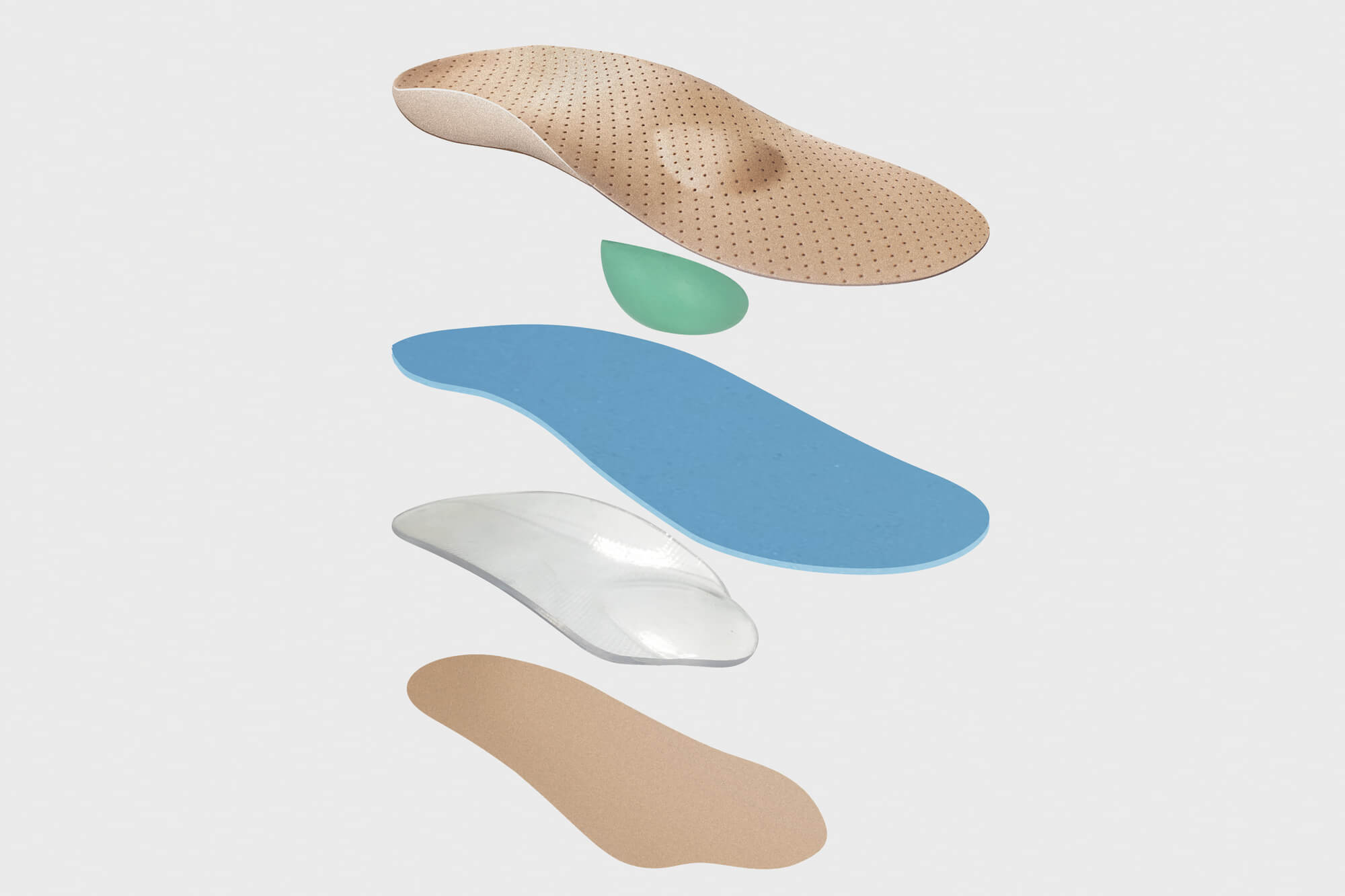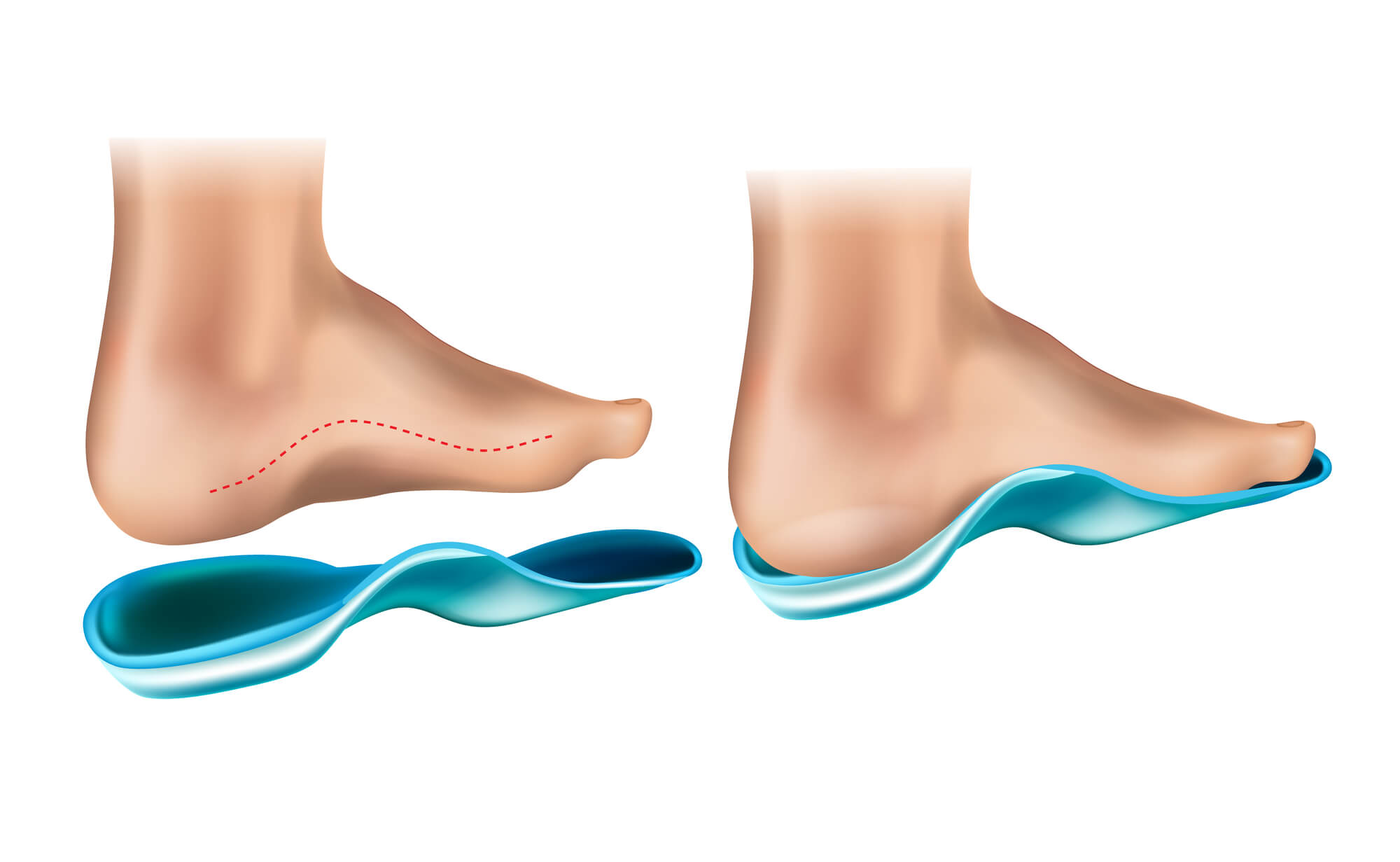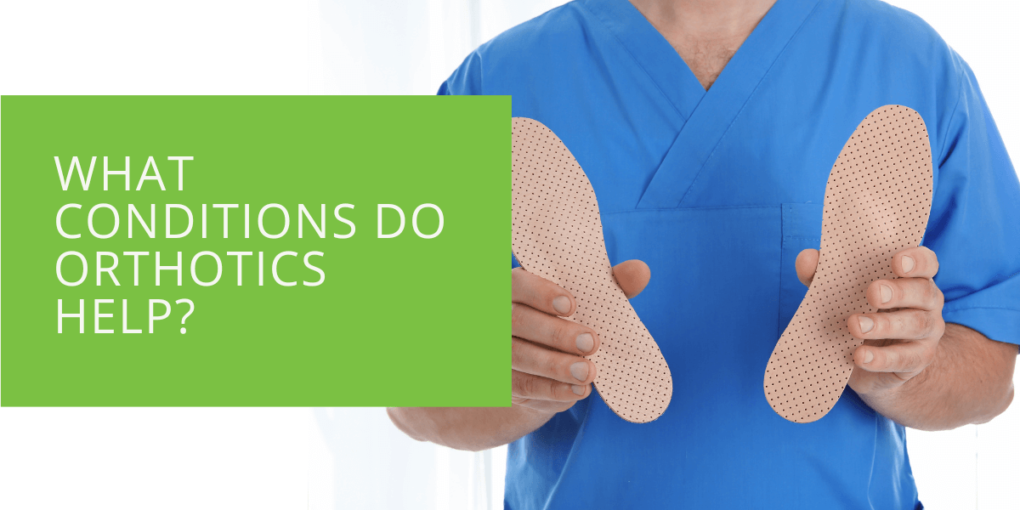What Conditions Do Orthotics Help?
Foot and ankle health is crucial in our daily lives, affecting our overall well-being. Orthotics, which can be custom-made or purchased over the counter, are essential tools that can significantly improve the quality of life for individuals with various foot conditions. In this comprehensive guide, we will delve into the world of orthotic devices and explore the many conditions they can help address. From common ailments like plantar fasciitis and flat feet to more complex issues like bunions and arthritis, we'll provide in-depth insights into how orthotics can alleviate discomfort and promote healthy feet.
Key Takeaways
- Whether custom-made or over-the-counter, orthotics are valuable tools for addressing various foot conditions, from plantar fasciitis to arthritis.
- Custom orthotics offer precise support and correction tailored to an individual's unique foot structure, making them especially effective for severe or complex issues.
- Seeking guidance from a podiatrist is essential when considering orthotics, as podiatrists are experts in diagnosing foot conditions and prescribing the right orthotic solutions for each person's needs.
Understanding Orthotics
Definition of Orthotics
Orthotics, within the realm of foot and ankle care, refer to specialized inserts or devices designed to offer additional support, cushioning, and alignment to the feet. These orthotic devices are crucial for addressing foot and ankle alignment and function issues, making them indispensable tools in podiatry.
Orthotics are a critical component of podiatric care, as they improve the biomechanics of the feet and ankles. They help individuals maintain proper alignment, reduce strain on specific structures, and alleviate pain associated with various conditions.
Types of Orthotics
Orthotics come in several types, each tailored to meet specific needs and conditions. The main categories include:
- Custom Orthotics: These are personalized to an individual's unique foot shape and condition. They offer precise support and correction based on the podiatrist's evaluation.
- Over-the-counter (OTC) Shoe Inserts: Over-the-counter orthotic inserts are readily available and offer general support. While less customized than custom orthotics, they can relieve milder issues.
- Prescription Orthotics: These orthotics are prescribed by podiatrists to address specific conditions. They are custom-made to provide precise support and correction for the individual's needs.
The choice between these different types of orthotics depends on the severity of the condition, the individual's unique foot structure, and the specific requirements for proper support and correction.

Conditions That Orthotics Can Help
Plantar Fasciitis
Plantar fasciitis is a prevalent cause of heel pain, characterized by inflammation of the plantar fascia, a ligament running along the bottom of the foot. Custom orthotics are often prescribed to provide arch support and reduce strain on the plantar fascia. This can significantly alleviate heel pain and discomfort associated with this condition.
Plantar fasciitis is a condition that can greatly benefit from custom orthotics because they are designed to address the specific biomechanical issues contributing to the inflammation of the plantar fascia. They provide the necessary support and cushioning to ease pain and promote healing.
Flat Feet (Pes Planus)
Flat feet, or pes planus, can lead to foot pain and affect one's gait. Orthotics designed for flat feet provide arch support and help distribute weight evenly across the feet, reducing discomfort and improving overall foot function.
Flat feet can result in an abnormal distribution of weight and pressure on the feet, leading to discomfort and potential issues like shin splints and knee pain. Orthotics designed for flat feet offer a solution by providing the necessary arch support and promoting proper alignment.
Bunions
Bunions are bony bumps that develop at the base of the big toe, causing pain and discomfort while walking. While orthotics may not correct the bunion itself, they can help alleviate pressure on the affected area and provide cushioning to reduce pain.
Bunions often lead to a misalignment of the big toe joint, resulting in pain and discomfort. Orthotics can help by redistributing pressure away from the affected area, making it more comfortable for individuals to walk and perform daily activities.
Back Pain
Surprisingly, foot problems can contribute to back pain. When your feet are not properly aligned, it can affect your overall posture and spinal alignment. Orthotics can help correct foot abnormalities, improve posture, and relieve back pain.
The alignment of the feet plays a significant role in maintaining proper posture. Misaligned feet can lead to changes in spinal alignment, potentially resulting in back pain. Orthotics can address these issues at the root, enhancing posture and reducing associated back discomfort.
Arthritis
Arthritis can affect the feet, leading to pain and stiffness. Custom orthotics can be designed to cushion and support the joints affected by arthritis, making it easier to move and reducing discomfort.
Arthritis in the feet can be particularly debilitating. Custom orthotics provide a solution by offering cushioning and support to the affected joints, essential for managing pain and maintaining mobility.

Custom Orthotics vs. Over-the-Counter Orthotics
Choosing between custom orthotics and over-the-counter inserts depends on the severity of your condition and your specific needs. Custom orthotics, prescribed by a podiatrist, offer the advantage of being tailored to your unique foot shape and condition. They provide precise support and correction. Over-the-counter orthotics, while less customized, can still offer relief for milder issues and are readily available.
The decision between custom orthotics and over-the-counter options is essential to ensure that individuals receive appropriate support and correction for their specific foot condition. Custom orthotics are especially valuable when addressing complex or severe issues.
Getting Orthotics
Seeing a podiatrist is essential if you're experiencing foot pain or discomfort or suspect that orthotics may help. A podiatrist is a foot and ankle health specialist who can assess your condition, prescribe orthotics if needed, and ensure they are properly fitted. During your consultation, the podiatrist will evaluate your foot structure, gait, and any existing foot problems to determine the best type of orthotic for your needs.
Seeking professional guidance from a podiatrist is crucial when considering orthotics. Podiatrists are experts in diagnosing and treating foot conditions, ensuring that individuals receive the most effective and appropriate orthotic solutions tailored to their unique requirements.
Conclusion
At ePodiatrists, we understand the paramount importance of foot and ankle health and are here to provide expert care. We've thoroughly explored various conditions that orthotics can assist with, from common issues like plantar fasciitis and flat feet to more complex problems like bunions and arthritis. Our team of experienced podiatrists is dedicated to offering personalized care and prescribing the right orthotic solutions to enhance your quality of life.
Our commitment to foot health extends to every patient we serve. We have witnessed firsthand the transformative impact that orthotics can have on individuals' lives, and we are passionate about sharing our expertise to help you achieve healthier and happier feet.
Don't let foot pain or discomfort hold you back any longer. Take action today and schedule an appointment with us. Through a comprehensive assessment and a personalized approach to your foot health, we can help you explore the potential benefits of orthotics, whether you're dealing with heel pain, arch problems, or any other foot-related issue. Your feet are your foundation; we support your journey to better foot health. Schedule an appointment with ePodiatrists now and take the first step towards healthier, happier feet. Your well-being is our priority.

